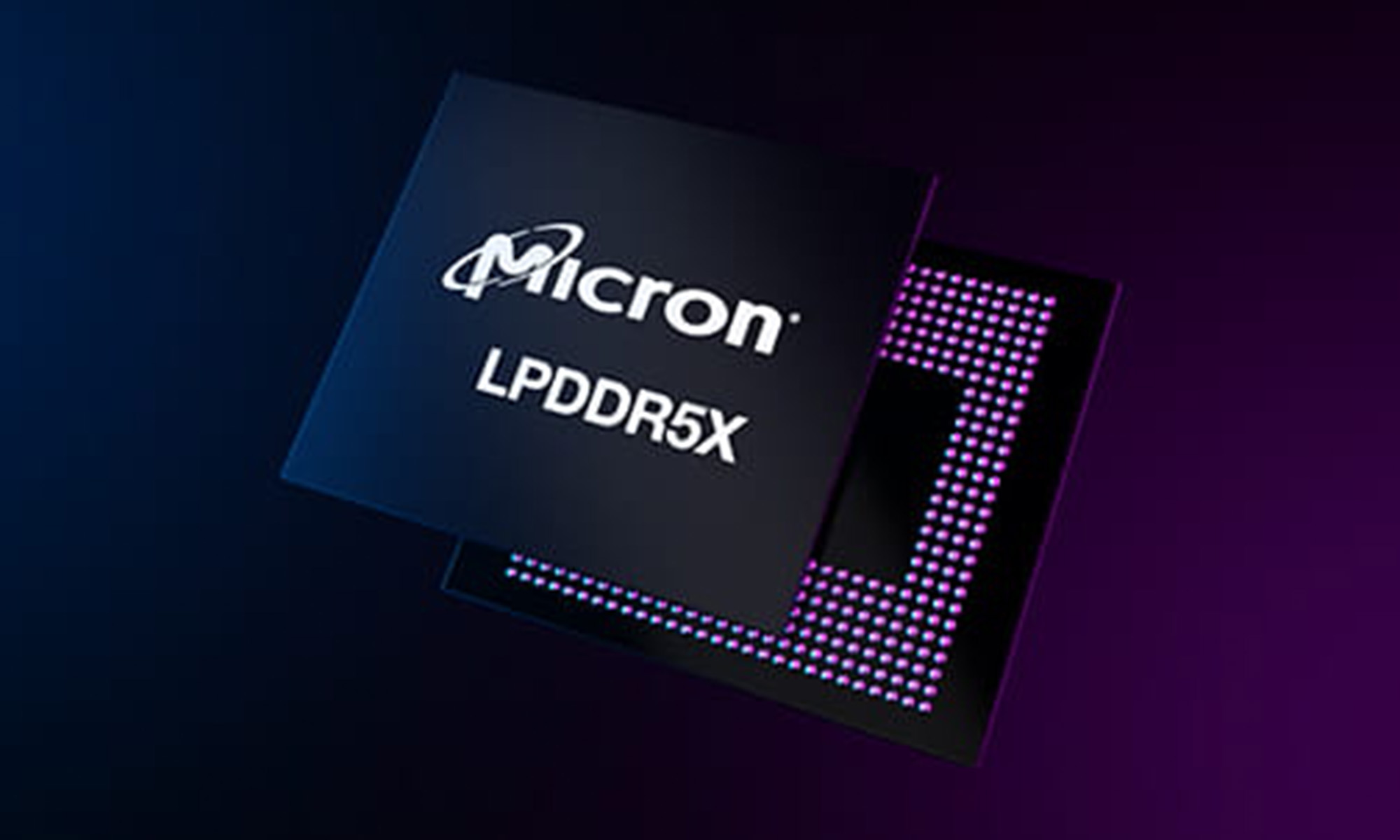Memory-chip maker Micron Technology (MU +0.52%) has had a great run, with the stock up a whopping 230% over the past three years. The current technology boom has led to surging memory prices, leading to an explosion in Micron's profits. Management recently decided to share this bounty with shareholders, authorizing the company's first $10 billion stock repurchase program, which should kick in next quarter.
MU 3 Year Total Returns (Daily) data by YCharts.
Some investors think that management should begin paying a dividend instead of repurchasing shares. However, paying dividends is the last thing Micron management should do -- and that's not due to any specific outlook on Micron's stock. In almost every possible scenario, share repurchases are a superior choice.
The case for dividends
Dividends aren't bad in general: the ability to pay dividends is a sign of a healthy company, and dividend stocks can be an important source of steady, rising income for shareholders.

Micron should hold off on dividends for now. Image source: Getty Images.
In addition, some believe a Micron dividend would signal management's confidence in the sustainability of recent profits. Traditionally, Micron has been a speculative, cyclical stock with large swings in profitability. Some theorize that a dividend potentially could attract new kinds of buy-and-hold investors and dividend funds, which might mute the stock's volatility and boost its valuation.
Why I disagree
However, as a Micron shareholder, I hope management doesn't start paying a dividend -- at least not now. While a company can turn up or down share repurchases at will, dividend-oriented shareholders like steady, rising payouts. Paying a dividend is like getting married -- it's a commitment that is difficult and embarrassing to undo.
While Micron is currently enjoying record profitability, the past few years have been exceptional.
MU Net Income (Annual) data by YCharts.
Micron's net profits fell from $2 billion-plus to less than zero during each of the last two down-cycles. In addition, memory companies like Micron need to invest in wafer fabrication plants and research and development to remain competitive. Should another down-cycle hit, Micron will want as much flexibility as possible to invest in its business or potentially repurchase shares as well.
Either way, buybacks are better
Ironically, if profits are now stable enough to support a dividend, that would also mean the stock is likely highly undervalued. Micron is a battleground stock at the moment, trading at a forward PE ratio under 5. A valuation that low means many expect Micron's record profits to drop, and drop sharply. But if profits don't drop (or don't drop much), long-term shareholders would benefit much more from share repurchases than from dividends.
As Warren Buffett said in his 2016 letter to shareholders,
If there are three equal partners in a business worth $3,000 and one is bought out by the partnership for $900, each of the remaining partners realizes an immediate gain of $50. If the exiting partner is paid $1,100, however, the continuing partners each suffer a loss of $50. The same math applies with corporations and their shareholders.
While valuing Micron precisely is difficult, every analyst price target is above the current price, ranging from $60 to as high as $120 per share, with an average target of $83.10. Analysts can be wrong, of course, but even if Micron is only worth $60 (the lowest target), repurchasing stock at today's price of $52 would produce $1.15 of value (tax free, mind you) for every $1 spent on buybacks. If Micron is intrinsically worth $83, shareholders would accrue $1.60 for every $1 spent. On the other hand, shareholders only would receive about $0.70 for every $1 of dividends, depending on the investor's tax bracket.
A positive Catch-22
Dividend enthusiasts find themselves in a Catch-22: if Micron is on the brink of a downturn, then the company should hold on to cash to reinvest through the cycle. But if Micron's profitability is resilient enough to sustain a dividend, management should still buy back shares, since repurchases likely would be more value accretive than dividends at Micron's current price.
Of course, should Micron's stock price appreciate to levels at which it becomes fairly valued or overvalued based on current profits, dividends might make sense. However, with a PE under 5, a strong balance sheet, and every analyst price target above the current share price, we're not there yet.








